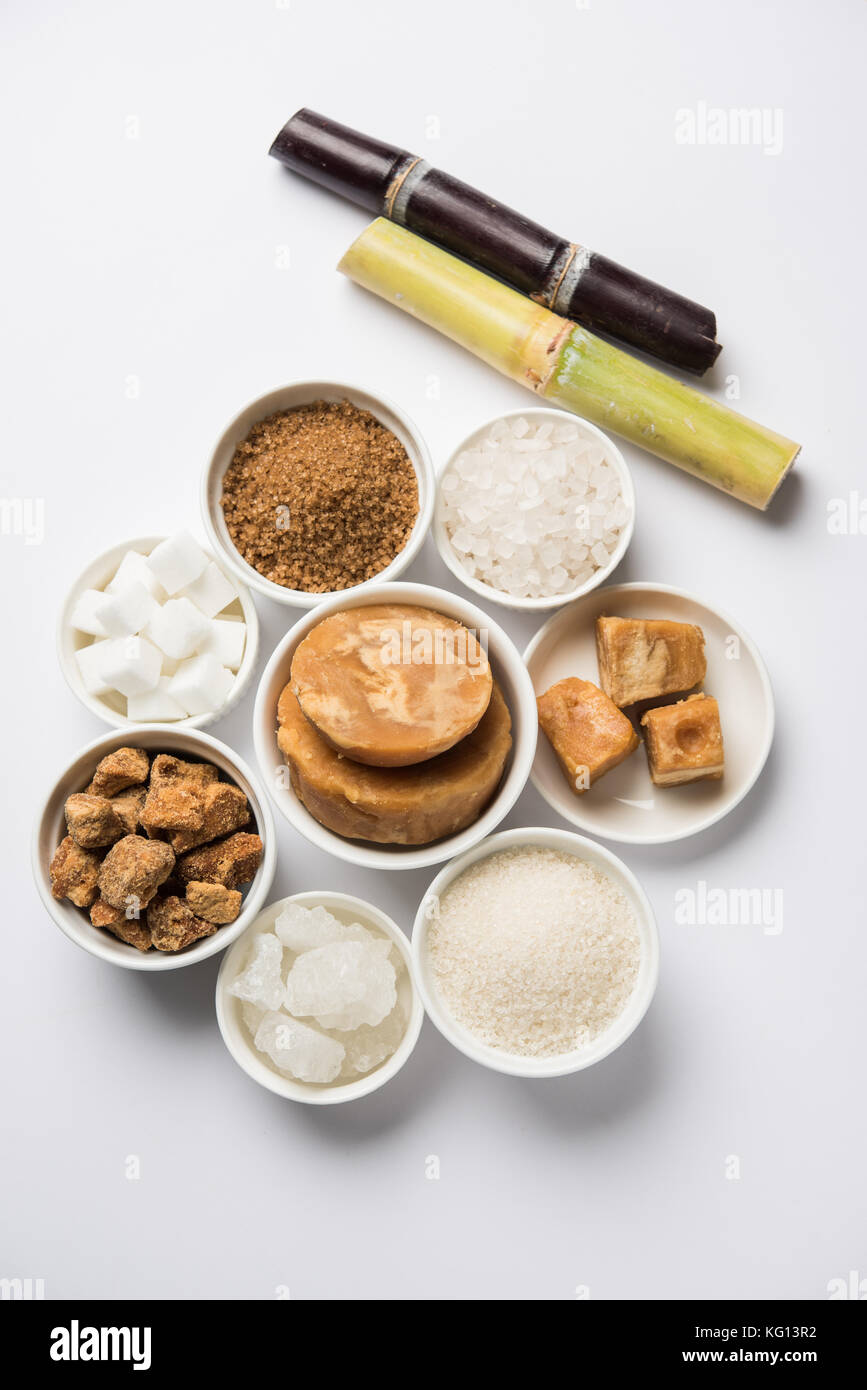Sugarcane Product and Its Contribution in the Global Clean Energy Movement
Sugarcane Product and Its Contribution in the Global Clean Energy Movement
Blog Article
Sustainable Sugarcane Products: From Sweeteners to Eco-Friendly Item
The potential of sustainable sugarcane products expands beyond conventional sugar to encompass a variety of eco-friendly items, providing a compelling case for their integration into modern consumer methods. As the globe grapples with pushing environmental concerns, sugarcane emerges as a versatile resource qualified of dealing with both dietary needs and sustainability objectives.
Summary of Sugarcane Sustainability
As the need for environmentally friendly items grows, recognizing sugarcane sustainability becomes significantly vital. Sugarcane, a functional plant, is grown mainly in subtropical and tropical regions, and its sustainability is crucial for both environmental health and wellness and economic feasibility. Lasting sugarcane farming methods concentrate on reducing eco-friendly impact while optimizing efficiency and success.
Key facets of sugarcane sustainability consist of effective land use, reduced chemical input, and boosted water management. Practices such as plant turning, integrated pest monitoring, and natural fertilizing contribute to dirt health and wellness and biodiversity. Furthermore, cutting-edge technologies, such as precision farming, help enhance resource usage and lower waste.
Additionally, sugarcane is an eco-friendly source, with byproducts that can be used in various industries, from biofuels to biodegradable plastics, thus decreasing dependence on fossil gas and decreasing carbon impacts. Accreditations like the Bonsucro standard encourage lasting practices across the supply chain, promoting transparency and accountability.

Sugarcane-Based Sweeteners
Using sugarcane as a key resource, sugarcane-based sugar have acquired prominence as natural alternatives to refined sugars and sweetening agents (sugarcane product). These sugar, stemmed from the removal and processing of sugarcane juice, supply an array of products that deal with varied customer choices, including natural and minimally refined choices
Raw walking cane sugar preserves more of the all-natural flavors and nutrients located in sugarcane, making it a favored option for health-conscious consumers. Panela, a standard Latin American sweetener, is generated by evaporating sugarcane juice, maintaining its all-natural minerals and vitamins.
The growing need for sugarcane-based sugar is driven by raising awareness of health and wellness and sustainability problems connected with traditional sugar. By selecting sugarcane-derived products, customers not just support lasting agricultural practices however likewise contribute to a healthier way of living, aligning their dietary choices with their environmental worths.
Eco-friendly Product Packaging Solutions
Becoming a sensible option to conventional plastics, eco-friendly product packaging options originated from sugarcane are changing the product packaging market. These innovative materials supply an eco-friendly alternative that deals with the growing problems over plastic air pollution. Making use of the all-natural sugars found in sugarcane, suppliers are creating different types of eco-friendly packaging, consisting of movies, containers, and covers that decompose more quickly than standard plastics.
The primary benefits of sugarcane-based packaging lie in its sustainable sourcing and its ability to break down right into safe by-products. Unlike fossil fuel-derived plastics, which can continue the environment for hundreds of years, sugarcane product packaging generally decomposes within a couple of months under proper conditions. This decrease in waste not just reduces land fill overflow yet likewise lowers the carbon footprint connected with packaging materials.
Moreover, sugarcane-derived product packaging preserves robust performance features, supplying equivalent longevity and functionality to conventional alternatives. As businesses and customers progressively focus on sustainability, the fostering of biodegradable product packaging solutions represents a significant step in the direction of a circular economic climate, where materials are reused and regenerated instead of discarded. This change not just improves brand name image but additionally contributes to an extra lasting future for the earth.
Eco-Friendly Textiles and Fabrics
Environment-friendly fabrics and textiles are obtaining traction in the style and home items markets as consumers significantly require sustainable options to conventional products. Amongst the remarkable alternatives are textiles originated from sugarcane, which provide an ecologically liable blog here option to synthetic fibers. These fabrics are created via a process that makes use of the sustainable sources located in sugarcane, dramatically minimizing reliance on petroleum-based products.

As the market for lasting fabrics increases, customers can look onward to ingenious layouts that incorporate style with ecological responsibility. Ultimately, environmentally friendly textiles and materials stand for a significant action towards minimizing the fashion sector's environmental footprint while providing to the expanding need for accountable consumer selections.
Innovations in Sustainable Farming
Changing agricultural practices, developments in sustainable farming are changing the means crops are grown and taken care of. These developments focus on decreasing environmental impact while making best use of effectiveness and productivity.

Furthermore, agroecology, which incorporates eco-friendly concepts right into farming, promotes biodiversity and dirt health and wellness. Practices such as plant turning, cover chopping, and intercropping foster resistant communities that can withstand pests and environment variants - sugarcane product. Additionally, making use of organic fertilizers and click for more biopesticides adds to much healthier soils and environments

With each other, these developments are not only reshaping the agricultural landscape yet additionally adding to a much more sustainable future for sugarcane and other plants, straightening farming experiment ecological stewardship.
Conclusion
Lasting sugarcane items stand for a substantial improvement in green alternatives, covering from natural sugar to naturally degradable products. The farming of sugarcane with lasting practices not just improves environmental wellness helpful site however additionally adds to financial practicality. As consumer choices progressively lean in the direction of sustainable choices, the flexibility of sugarcane as a renewable energy comes to be significantly appropriate. This trajectory emphasizes the relevance of ongoing advancement and dedication to lasting techniques within the sugarcane industry, fostering a more sustainable future.
The capacity of lasting sugarcane items expands past standard sugar to include a variety of environmentally friendly items, presenting an engaging situation for their assimilation right into modern customer methods. Sustainable sugarcane farming techniques concentrate on lessening ecological influence while making best use of performance and profitability.
Sustainable sugarcane products stand for a significant development in environmentally friendly choices, spanning from all-natural sugar to biodegradable goods. The growing of sugarcane via sustainable practices not only enhances ecological health and wellness yet also contributes to economic feasibility. As consumer preferences significantly lean in the direction of sustainable options, the adaptability of sugarcane as a renewable source comes to be increasingly pertinent.
Report this page